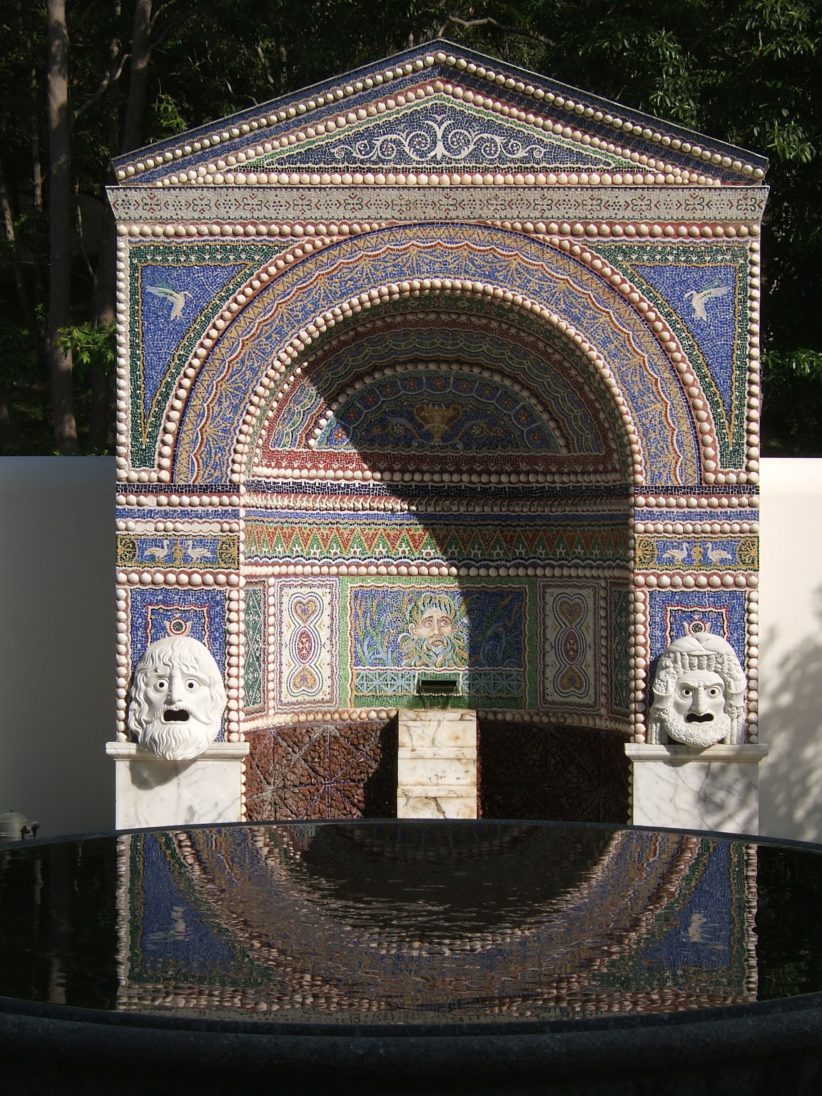Financial Ignorance, The Great Equalizer (2 Of 3)
Getting a Financial Advisor
In 2005, I finished a two year fellowship in Boston; fell goofy in love with another physician; renounced the academic trajectory I’d been on; relocated with my girlfriend to a beach town in southern California; and accepted a job at a well-regarded community hospital. I had 80k in tax-sheltered accounts despite zero financial literacy. Thanks to a combination of parental influence, dumb luck and constitution, I’d developed the habits of a saver.
A physician in my group recommended her financial advisor, so I set up a meeting. He was friendly, professional, threw around a lot of jargon I did not understand (and deciphered it when I asked him to). He struck me as charismatic and trustworthy. He wore a suit and tie. In contrast, I'm an untucked man living in a tucked man’s world. As I grilled him on why I should give him my business, he candidly explained he was taking a greater chance on me; I had few assets to manage, and most of his clients were in the millions plus range, but he believed we could help each other over time. I liked his candor and hired him on the spot.
Financially Apathetic, or just Pathetic?
Life got busier. I married the physician from Boston, and eventually my wife moved her assets to my advisor. The wife and I incorporated jointly, and made it a goal to max out our retirement contributions. We had a daughter and then a son. I went through my first lawsuit (ultimately dismissed), and became consumed by the five stages of lawsuit grief. We bought a home, and proceeded to furnish it. For two years, I worked too much and felt grumpy all the time.
Our financial advisor was a genuinely nice person. He'd meet with us annually, speak in jargon (we were too exhausted/disinterested by this time to ask him to decipher it), and show us elaborate graphs to demonstrate our high likelihood of achieving our retirement goals thanks to his efforts. He’d mention “genius” fund managers that beat the markets multiple years in a row, and whose historical performance suggested it would offset their higher fees. We in turn thanked him and told him to keep up the good work. Outside of his office, my wife and I would acknowledge how little either of us understood of what he’d said, how complex it all seemed, and how relieved we were that neither of us had to deal with the burden of our financial investments.
I was completely disengaged from our finances. I had little interest, less time, and was more than happy to delegate all responsibility for our financial well-being to someone else. In hindsight, the major benefit we derived from using a financial advisor was plausible deniability: if we entrusted an “expert” to invest our money, and our life savings tanked in some catastrophic manner, it would not be our fault.
Looking back, there were red flags I must willingly have overlooked. We received annual holiday gifts from our advisor: one year, it was a wine bottle stand; another year it was a small stainless steel bottle opener engraved with the name of the advisor’s group. These are longstanding practices that are part of every successful business playbook. But if a drug rep had accosted me during med school or residency and tried to gift me pharma-swag or invite me to a meal I couldn’t otherwise afford, I would have properly regarded the offer with skepticism: how much of my soul is this “free” gift costing me? When I guesstimate the decade's worth of fees I paid above and beyond the expenses of my current, cost-efficient passive investment portfolio, a conservative estimate of what that bottle-opener cost me would be in the tens of thousands of dollars.

